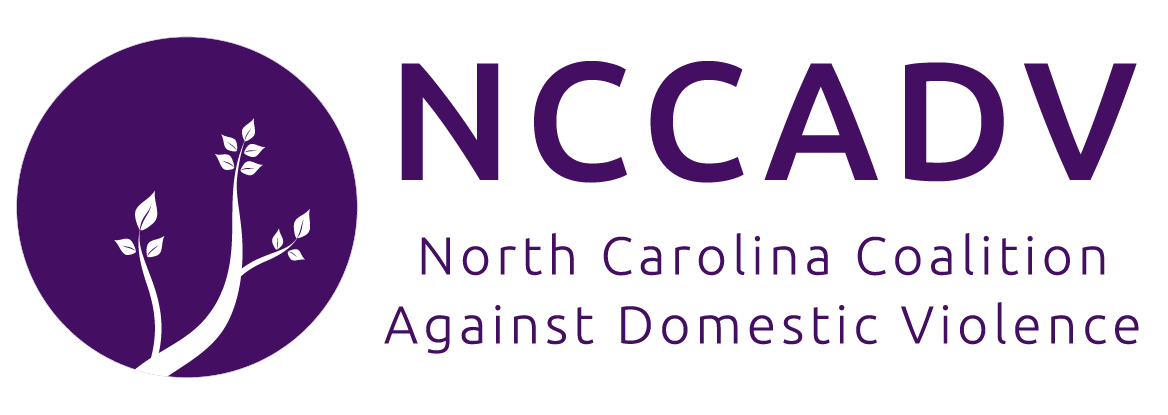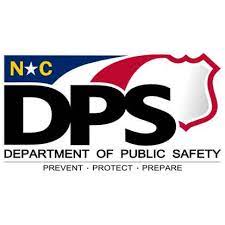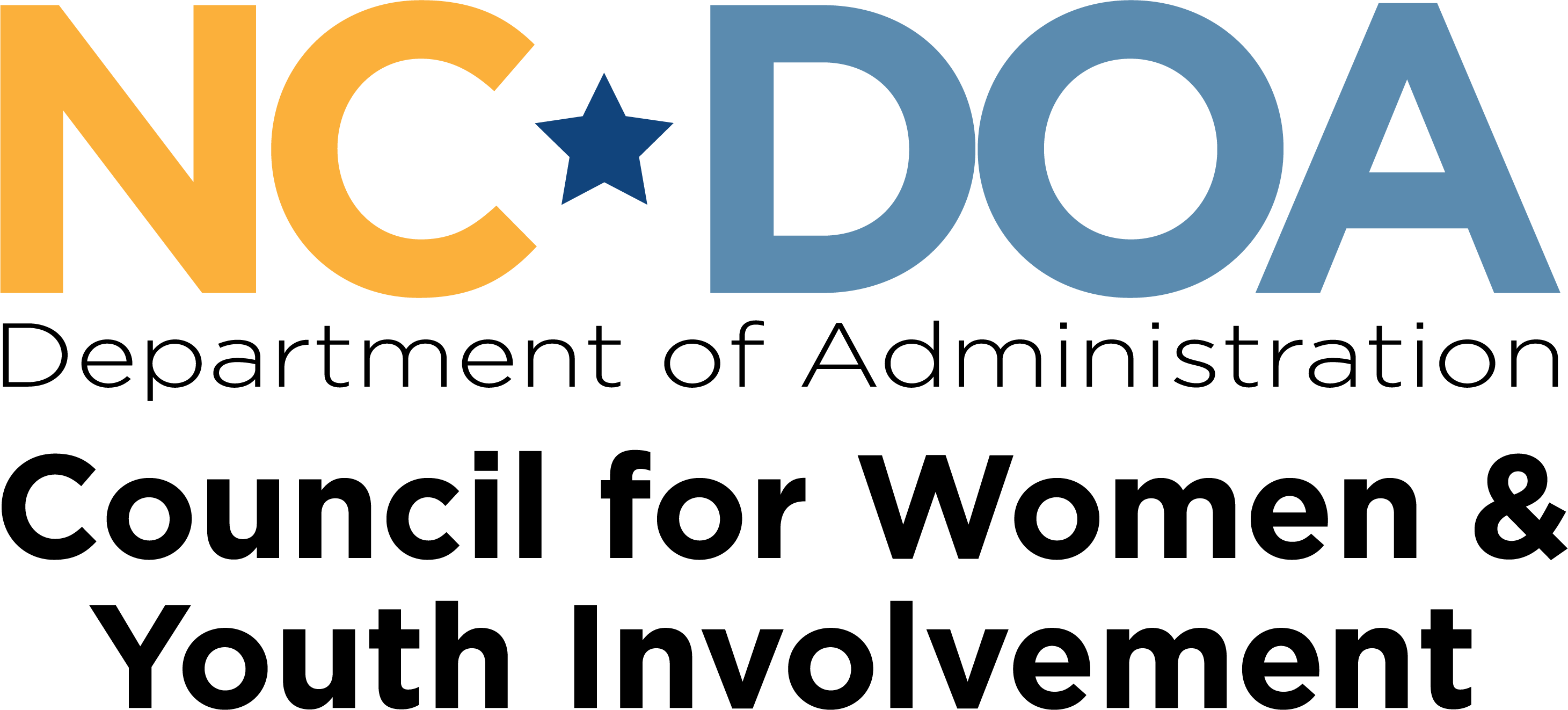

creating hope, healing lives, changing community

Please review the questions below. If you answer yes to three or more of these questions, you could be in danger in the future. Without effective intervention, abuse can and usually does escalate in severity. Sometimes abuse leads to homicide. If you believe you could be in danger, please call Safelight at 693-3840. We can guide you to the options that are right for you and your situation.
If so, please beware. These indicate a strong potential for abuse in your relationship.
- Does your partner blame others for their problems?
- Does your partner try to isolate you from family and friends ?
- Is your partner unusually jealous ?
- Does your partner make all the decisions, tell you what to wear or who you can talk to ?
- Has your partner pushed, shoved, pinched, or bitten you ?
- Does your partner use any force during an argument ?
- Does your partner use force during sex ?
- Does your partner abuse alcohol or drugs ?
- Does your partner have a history of bad relationships ?
- Does your partner call you names, put you down, or make belittling remarks about you ?
- Is your partner cruel to or does your partner harshly treat animals or children ?
- Does your partner blame others for their feelings ?
- Is your partner hypersensitive ?
- Does your partner believe in rigid sex roles ?
- Has your partner threatened violence ?
- Does your partner have a history of battering or abuse ?
- Does your partner throw things, hit walls, break objects ?
- Has your family or friends warned you about this person ?
- Have your family or friends expressed concern for your safety ?
Leaving In Crisis
Always use discretion when leaving a relationship, tell a limited number of people your plan and do not discuss leaving with your partner.
- Seek safe shelter and keep location safe
- Contact domestic violence service provider
- Take your medications and records with you
- Notify your support system (family, friends)
If Not In Crisis
GET MORE INFOLeaving Not In Crisis
- Discuss your case with option coordinator or domestic violence service provider.
- See an attorney, discretely.
- Get copies of needed records (birth certificates, shot records, social security cards, marriage license, etc)
- Get clothes/possessions from old home.
- Go to Health Department, or Blue Ridge Health to sign up for WIC.
- Go to Social Services for Work First Family Assistance check / food stamps / medicaid.
- Think about explaining your situation to your child's teacher/counselor.
- Sign up for Housing Assistance (HHA, WCCA Section 8.)
- Get household things for your new home.
- Get deposit money (power, deposit for rent...)
- Get a ride to work or school.
- Make baby-sitting/daycare arrangements.
- Look for a job.
- Take out warrant or domestic violence protective order, if necessary.
- Check on your court date.
- Get kids enrolled in school.
- Arrange transportation to school for children.
- Look for a place to live.
- Make arrangements for moving (boxes, trucks, muscles, people.)
Returning to a relationship
If you are considering returning to a relationship, please make a Safety Plan. Remember: if you need us, we're here. We are glad to help answer any questions, or to just listen. (828) 693-3840
For more information on staying safe
GET MORE INFOInterested in securing housing after domestic violence
READ THIS ARTICLEReturning to a relationship
- Make a safety plan. Please visit the NCCADV for more information on: Safety Planning
- Do not isolate yourself. Make daily contact with someone else.
- When you think things are building up, make plans to get the children and yourself to a safe place.
- The shelter was a safe place for you when you needed it. Remember that we are here.
- Make arrangements to leave before you get hurt.
- Stash away a small pack of emergency clothes, medications, money and your records.
- If your abuser claims to want to help, know the options and understand you can not change anyone else.
- Continue crisis/support group if you can.
- Remember that you are NOT responsible for the violence.
- Know where important papers (birth certificates, shot records, social security cards, marriage license, etc.) are, and get copies if possible.
- Pay attention to changes in your partner's moods, and trust what you feel.
- Make up your mind ahead of time how much you will put up with and stick to that.
- Think about options counseling if you can to find out about resources and potential for saftey.
- Research shows violent behavior does not change without outside help.
- Stash away some money.
- Know medical insurance information.
- Know your abuser's social security number.
- Know phone numbers (or write them somewhere) you might need for emergencies.
- Have an extra set of car keys made and hide them somewhere for use in an emergency.
- Get a valid North Carolina ID card and carry it with you
Our Services
- 24-Hour Response Line
- Shelter
- Counseling
- Support Groups
- Court Advocacy
- Family Violence Intervention Class
- Parenting
- Community Education














